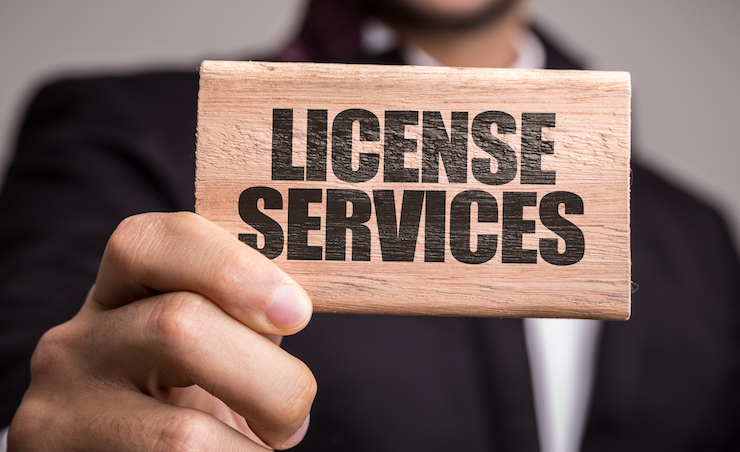 Depending on the type of industry you’re in and the nature of the business you run, certain federal, state, county, and local licenses and permits might apply to you. What you need to have in place may differ from what other companies need to apply for.
Depending on the type of industry you’re in and the nature of the business you run, certain federal, state, county, and local licenses and permits might apply to you. What you need to have in place may differ from what other companies need to apply for.
Yes, it requires a little time and effort to identify what licenses and permits your business must have. But to run your company legally, you need to get it done!
Let’s explore the topic more closely, so you have a better idea of what to expect and what you need to do.
- First Things First – Registering Your Business Isn’t The Same As Having A Business License.
Registering your business as an LLC or a corporation establishes your company as a legal entity, but it doesn’t grant you any necessary business licenses. You must do that separately.
- How Can You Learn What Licenses And Permits Your Business Will Need?
Your type of business and your location will determine what specific licenses and permits you’ll need to operate lawfully. For example, if you’re a contractor who goes into people’s homes to remodel kitchens, you will face more requirements than someone who does marketing and advertising from home. And if you’re going to have a brick-and-mortar location, there will be zoning considerations and possible conditional use permits if you’re using a building for purposes outside of the rights of the local zoning ordinance. You can find information online about which requirements apply to you. I also recommend checking in with your state’s Secretary of State office, your county office, and your local municipality to ensure you have all the bases covered.
- What Will Happen If You Don’t Apply For Required Licenses And Permits?
If you think you can buck the system, think again! Not having the necessary business licenses and permits is illegal. You may face fines (federal, state, or local depending on your industry) or have to shut down your business. Also, you could open yourself to additional legal trouble if customers are unhappy with your products or services and open lawsuits with fraud as the reason. And don’t forget about the irreparable damage to your professional reputation when word gets out that you were operating without a license!
- How Much Do Licenses And Permits Cost?
That depends. The costs vary, so contact the offices that issue the licenses and permits to find out the exact costs you can expect.
- How Do You Apply For Business Licenses And Permits?
You can apply for the licenses and permits you need directly from the authorities that require them (i.e., the federal government, state, county, and your municipality). Many have websites you can use to apply online. If you want to save time and avoid the hassle of doing it yourself, you might consider using an online business filing service to take care of the applications for you.
- Do You Need To Renew Licenses And Permits?
Usually, business licenses and permits are valid for one year (some places allow you to apply for a three-year license), and then you must renew them. Make sure you keep on top of your renewal dates, so you don’t forget and unintentionally find yourself operating your business illegally.
- Other Considerations To Keep In Mind
If you change your business’s legal structure (for example, from sole proprietorship to LLC), you cannot transfer your business license or permits. Your new legal entity must secure its own licenses and permits. And if you sell your business, your licenses and permits typically won’t transfer to the new owner.
Securing and renewing licenses and permits are among the most important business compliance responsibilities entrepreneurs must tackle. Educate yourself, talk with your attorney and accountant, and use credible resources to help you understand your obligations so you keep your business in good standing.



